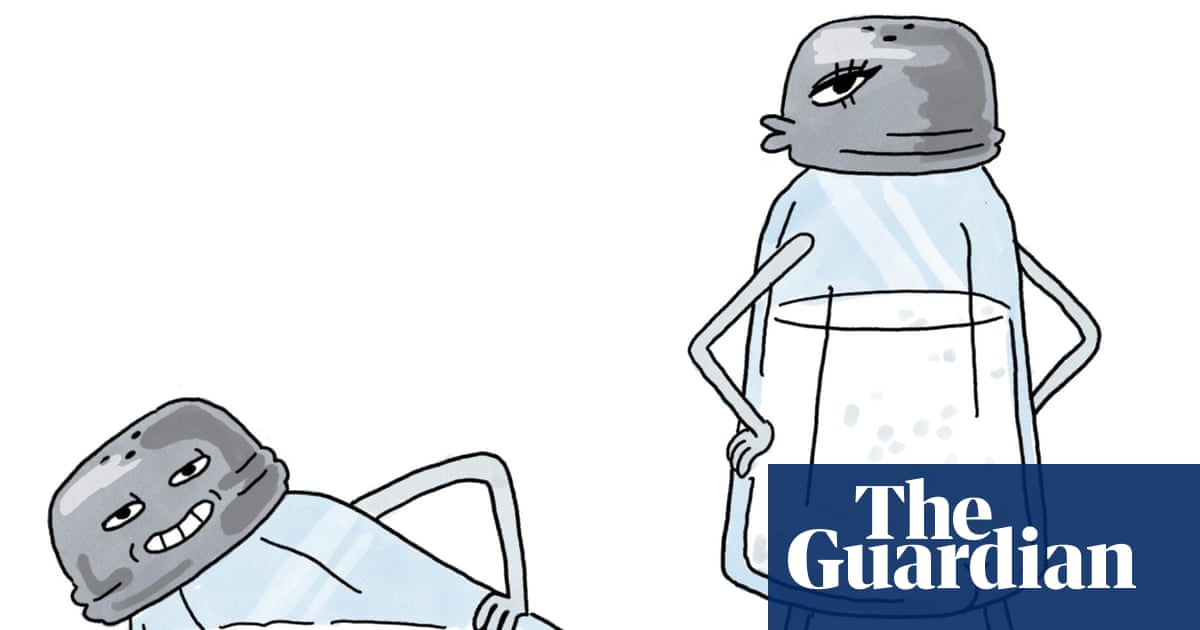T4K3.news
Expert challenges health benefits of natural salt
Nutritionist Sonia Pombo states that natural salt offers no real advantage over table salt.

Experts challenge the health claims of natural salts compared to regular table salt.
Natural salt offers no clear advantage over table salt
Many consumers believe that natural salts are healthier than table salt due to their marketing, which highlights lower processing and added minerals. However, nutrition expert Sonia Pombo argues that these claims lack substantial evidence. While some natural salts contain trace amounts of minerals like potassium and magnesium, Pombo calls their benefits 'laughable.' She points out that the risks associated with high salt intake, including high blood pressure and other health issues, far outweigh any minor advantages provided by these gourmet salts. The current guideline for UK adults is to limit salt intake to six grams a day, yet many exceed this amount, often unknowingly consuming more due to hidden salt in processed foods. Pombo emphasizes that reducing overall salt consumption is crucial for better health, rather than switching to another type of salt.
Key Takeaways
"The evidence linking a high intake of salt to raised blood pressure is very well documented."
This highlights the known health risks of excessive salt consumption.
"If you want micronutrients, eat a piece of fruit."
A clear statement emphasizing that fruits provide better nutrients than gourmet salts.
"We can survive and thrive on as little as one gram per day."
This underlines the potential to significantly reduce salt intake for health benefits.
"Some companies may try to convince the public they’re better but... it’s laughable."
This points to the misleading marketing tactics in the salt industry.
The discussion around salt intake and health reflects a broader trend in nutrition where marketing often oversells natural or gourmet food products. Consumers must be cautious not to be swayed by appealing labels that suggest health benefits without substantial scientific support. This raises important questions about how food producers communicate the value of their products, often leading to misconceptions that can impact dietary choices. The emphasis on reducing salt intake aligns with a growing awareness of sodium-related health risks, and the time may be ripe for more straightforward public health messaging.
Highlights
- Natural salt claims are often 'laughable' in terms of actual health benefits.
- Real health lies in reducing salt consumption, not switching to a new type.
- Many overconsume salt without realizing it; education is key.
- Cooking at home is the best way to manage salt intake.
Health risks from high salt intake
The article points out serious health risks associated with high salt consumption, stressing the need for lower overall intake strategies.
Awareness around salt intake may lead to healthier dietary choices in the long term.
Enjoyed this? Let your friends know!
Related News

Experts advocate for reevaluating plant-based meats

Lizzo Reveals Secret to Her Body Transformation

Coca-Cola may switch to cane sugar

GLP-1 drugs show potential for PCOS treatment

Nutrition experts promote affordable superfoods

Nutritionist reveals myths that harm healthy eating

Exploring GLP-1 medications and their implications

Experts share foods that replicate weight-loss drug effects
